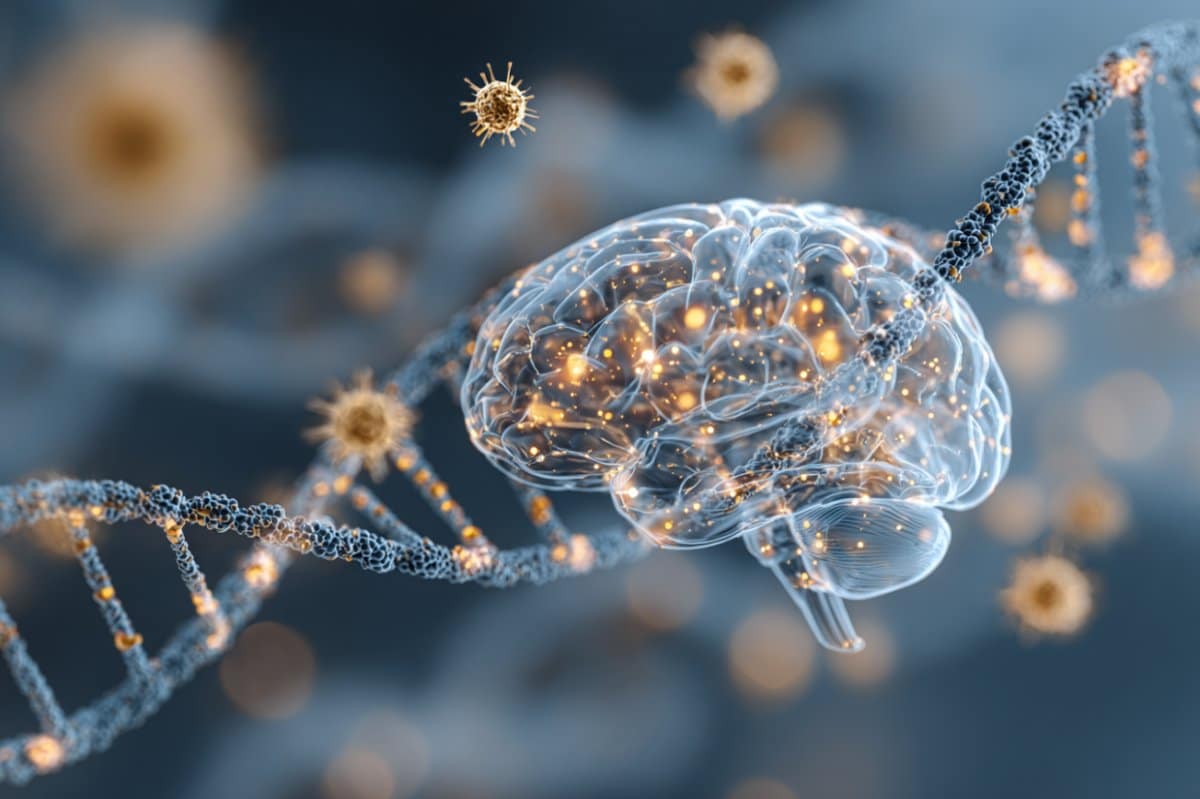T4K3.news
Study reveals brain patterns among optimists
Japanese researchers found that optimists exhibit similar brain activity when considering future scenarios.

Positive thinkers are literally on the same wavelength according to Japanese researchers.
Optimists exhibit similar brain patterns during future thinking
Researchers from Kobe University in Japan have conducted a study revealing that optimists display similar brain activity when contemplating future events. The study involved 87 participants who completed a questionnaire assessing their level of optimism and underwent MRI scans while imagining various future scenarios. The findings highlighted that those with a positive outlook showed greater similarities in brain activity patterns, particularly in a region associated with future thinking. Kuniaki Yanagisawa, the study's lead author, noted that this shared neural activity suggests a collective framework among optimists that may enhance social connections. Furthermore, it appears that optimists might distinguish between positive and negative outcomes more effectively than pessimists, which could be key to their resilience in facing challenges.
Key Takeaways
"Optimists seem to use a shared neural framework for organizing thoughts about the future."
Kuniaki Yanagisawa highlights how optimists think structurally alike when envisioning future events.
"These findings suggest that optimism does not amount to irrationality or reality distortion."
Prof Lisa Bortolotti discusses the implications of the study on optimism's realistic nature.
"Picturing a positive outcome in detail makes it more likely that we will achieve it."
Bortolotti emphasizes the practical benefits of envisioning success in pursuit of goals.
This research opens up a fascinating perspective on how optimistic thinking can shape cognitive processes. Rather than merely possessing a positive attitude, optimists may actually engage in a different style of mental processing that aligns their thoughts and potentially strengthens social ties. The contrasting brain activity among pessimists could suggest a heightened awareness of personal fears and anxieties, leading them to envision the future in a more fragmented manner. Importantly, these findings challenge common views that associate optimism with naivety or denial. Instead, they reveal a cognitive strategy that might allow optimists to remain engaged with reality while fostering a hopeful outlook for the future.
Highlights
- Optimists are literally on the same wavelength when thinking about the future.
- This study suggests social success may stem from shared neural frameworks.
- Happy individuals think alike in how they envision the future.
- Optimism is not about denial; it's a strategy for resilience.
Potential implications of research
The findings could influence how optimism is perceived in psychology and mental health practices. There is a risk of oversimplifying complex emotional experiences if optimism is portrayed as uniformly beneficial without considering individual differences.
This research could pave the way for new strategies in promoting mental well-being through optimism.
Enjoyed this? Let your friends know!
Related News

New Research Uncovers Factors Influencing Antidepressant Efficacy

New study links dieting to worsening depression

Exploring GLP-1 medications and their implications

Study reveals poverty's impact on women's memory decline

Mind blanking study reveals brain activity changes

Study finds brain rewrites emotional maps of familiar spaces

Study finds flavors in e-cigarettes drive reward systems

Study Reveals Early Signs of MS Emerge Years Prior to Diagnosis
